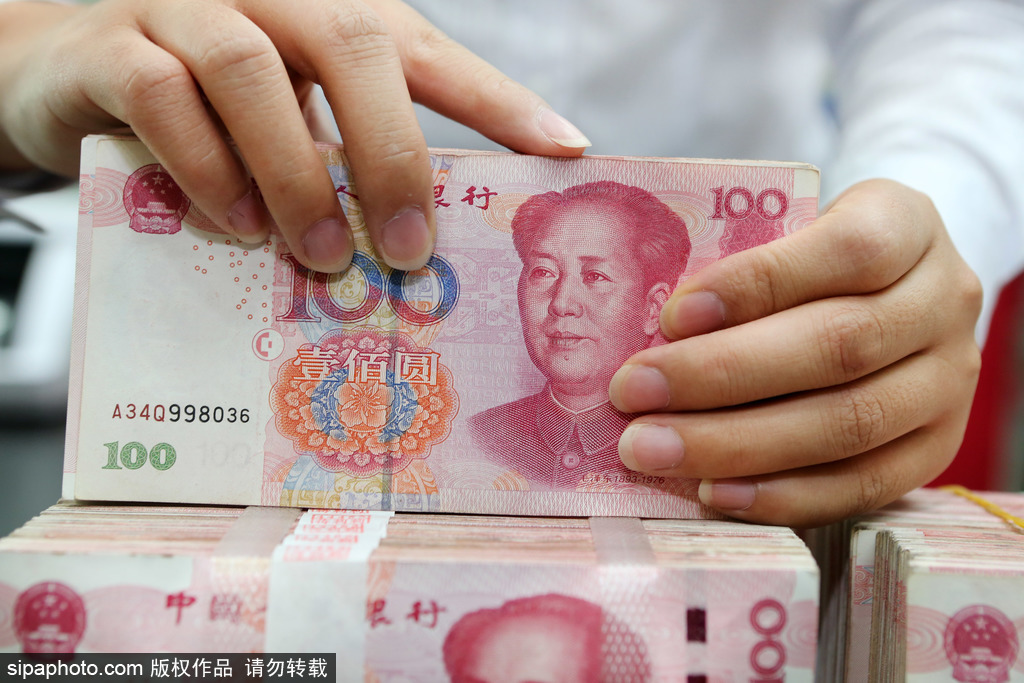Lengthy QE moves abroad striking alarm
By CHEN JIA | China Daily | Updated: 2021-09-17 09:13

Escalating asset prices an increasing concern, said former PBOC governor
China's former central bank governor warned of the negative effects arising from prolonged monetary easing in some advanced economies, as asset prices are rising to record highs.
Escalating prices in asset markets are diverging from the real economic situation and are becoming an increasing concern, Zhou Xiaochuan, former governor of the People's Bank of China, the nation's central bank, said on Wednesday.
Booming prices in residential housing, public and quasi-public utilities have changed the method to measure inflation. Global primary commodities and shipping prices are likewise surging, Zhou said at an economists roundtable held by the Boao Forum for Asia.
Any move by the US Federal Reserve, the "macroeconomic steerer" of the world's largest economy, is being closely watched, he added. In particular, the Fed is debating the so-called Morden Monetary Theory, with some thinking aggressive money printing to offset budget deficits may not result in serious damages to the economy.
In other words, some academics and politicians support increases in government borrowing so long as it does not lead to inflation. That opinion may support the United States' plan to stimulate the economy through aggressive fiscal spending, to be financed by the creation of new cash, experts said.
But there have already been signals of unexpectedly high inflation, when asset price indicators soared to record territory. The possible negative effects of low and sub-zero interest rates and the prolonged quantitative easing measures have sparked concerns, the former central bank governor warned.
When he commented on the MMT type of action that may be adopted by the US Fed, Zhou, who is also the vice-chairman of the Boao Forum for Asia, said: "There is a saying in China, called 'a pie is falling from the sky', which means a figment of one's imagination."
"Whether the pie is falling or not, people will have to see and experience this important macroeconomic phenomenon that will influence the global economy."
A working paper of the International Monetary Fund published in July stressed the spillover effects from prolonged US monetary policy easing, especially in driving up financial system leverage in other countries.
A group of economists from the IMF said there is evidence US monetary policy has a large extraterritorial impact. "(The finding) comes as no surprise to country authorities, managers of private financial and non-financial firms, and market participants".
The global dominance of the US dollar has driven home the impact, not only on exchange rates, but on prices of commodities, cross-border financial flows and the rise of risks, they said.
"Policymakers need to remain cautious about the timing of preventive (monetary policy) tightening, especially when their economies face large negative shocks such as a pandemic," said Stephen Cecchetti, an IMF economist.
The US Fed has already considered tapering its purchase of government bonds, or gradually withdrawing Quantitative Easing (QE) altogether. The prospect of tightening prompted investors to re-optimize their portfolios and all asset prices may possibly need to be reset.
"The super-low interest rates that have kept stock valuations high are set to rise. Change is coming, gradually or quickly," said Robert Armstrong, a US financial commentator at the Financial Times.
Chinese central bank officials recently reiterated the need to watch out for possible market volatility sparked by policy changes in the US.
The "China Financial Stability Report" issued by the PBOC on Sept 3 disclosed that Chinese monetary authorities are building a macro prudential policy framework to supervise cross-border capital flows, which would include all types of foreign exchange traders in the supervision system and enrich the management policy toolkit.
They will establish a forward-looking monitoring index system, which can warn of potential risks at an early stage, as well as study macro prudential stress tests of cross-border capital flows, the report said.
"Central banks across the globe have either begun or are thinking about unwinding the extraordinary monetary support unleashed at the height of the COVID-19," said Katrina Ell, senior APAC economist at Moody's Analytics, who predicted the US Fed is likely to announce its tapering plans either in September or all the way out to November.
"Effective communication will be critical in coming weeks and months to avoid abrupt financial market responses," Ell said.























